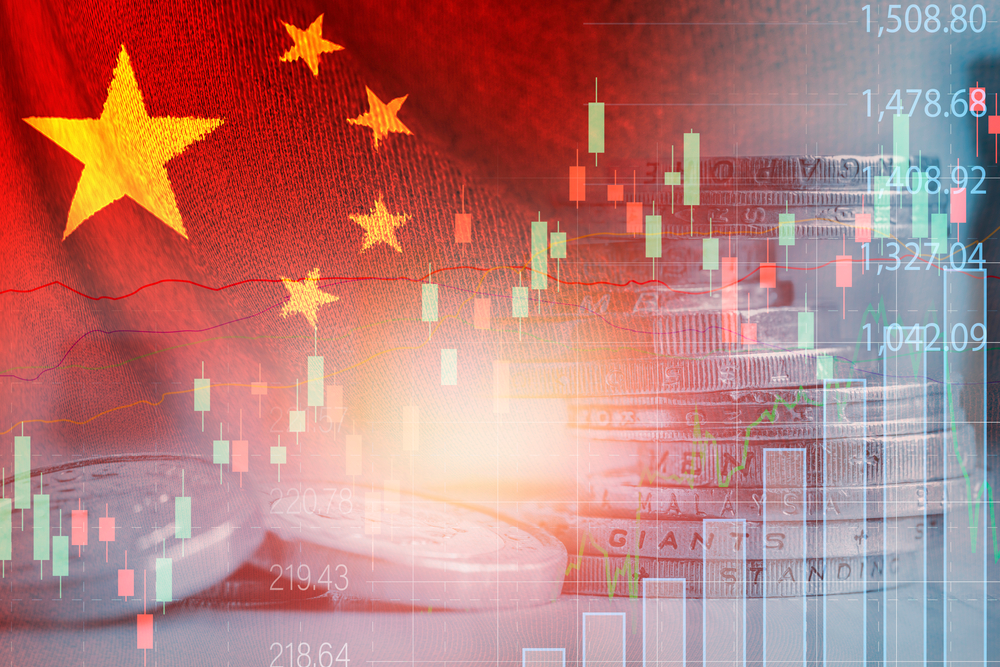China’s economy showed signs of slowing in April, as the impacts of President Donald Trump’s trade war were felt across key sectors. Retail sales, property, and investment came in weaker than economists had forecast, highlighting the toll of tariffs and the overall uncertainty affecting the economy.
Retail Sales and Consumer Sentiment
Chinese consumers have been holding back due to the prolonged downturn in the housing market, which significantly impacts household wealth. Retail sales in April grew by just 5.1%, falling short of the expected 6% increase. The country’s consumer price index also saw a slight decline of 0.1% in April, reflecting weak demand and contributing to shoppers’ reluctance to spend, as they anticipate better deals in the future.
Fu Linghui, spokesperson for the National Statistics Bureau, emphasized the importance of stabilizing prices to avoid deflation, which is negatively impacting businesses and jobs. The Chinese government has vowed to continue supporting job creation and boosting domestic demand in response to these challenges.
Manufacturing and Industrial Production
Industrial production in April grew by 6.1%, a slowdown from the 7.7% increase in March. This decline is partly attributed to the escalating trade barriers, including Trump’s tariffs, which have affected exports. However, the recent truce in the trade war between the U.S. and China has helped revive shipments, with a 90-day tariff pause allowing businesses to meet seasonal deadlines.
Despite this temporary relief, experts warn that China’s reliance on export-driven manufacturing could lead to further deflationary pressures. Louise Loo from Oxford Economics highlighted that while export-driven factory output may continue, it comes at a persistent cost in the form of falling prices.
Investment and Property Sales Struggles
Fixed asset investment, which includes spending on factories and equipment, rose by just 4% in April. However, property investments took a significant hit, falling 10.3% year-over-year. New home prices also continued to decline, reflecting the ongoing struggles in the housing market. The slowdown in property sales is adding to the challenges faced by the Chinese economy, as efforts to stabilize the market remain slow and uneven.
Lynn Song, Chief Economist for Greater China at ING Economics, pointed out that the ongoing pessimism from the trade war is keeping many potential buyers on the sidelines. This uncertainty is complicating Beijing’s efforts to turn the housing market around and keep the broader economic recovery on track.
Outlook Amid Global Trade Tensions
While the temporary easing of tariffs between the U.S. and China has provided some relief, economists warn that the global economic recovery is still fragile. As trade tensions persist and the impacts of tariffs continue to ripple through the economy, China faces a complex path ahead in stabilizing its economy and maintaining growth.


